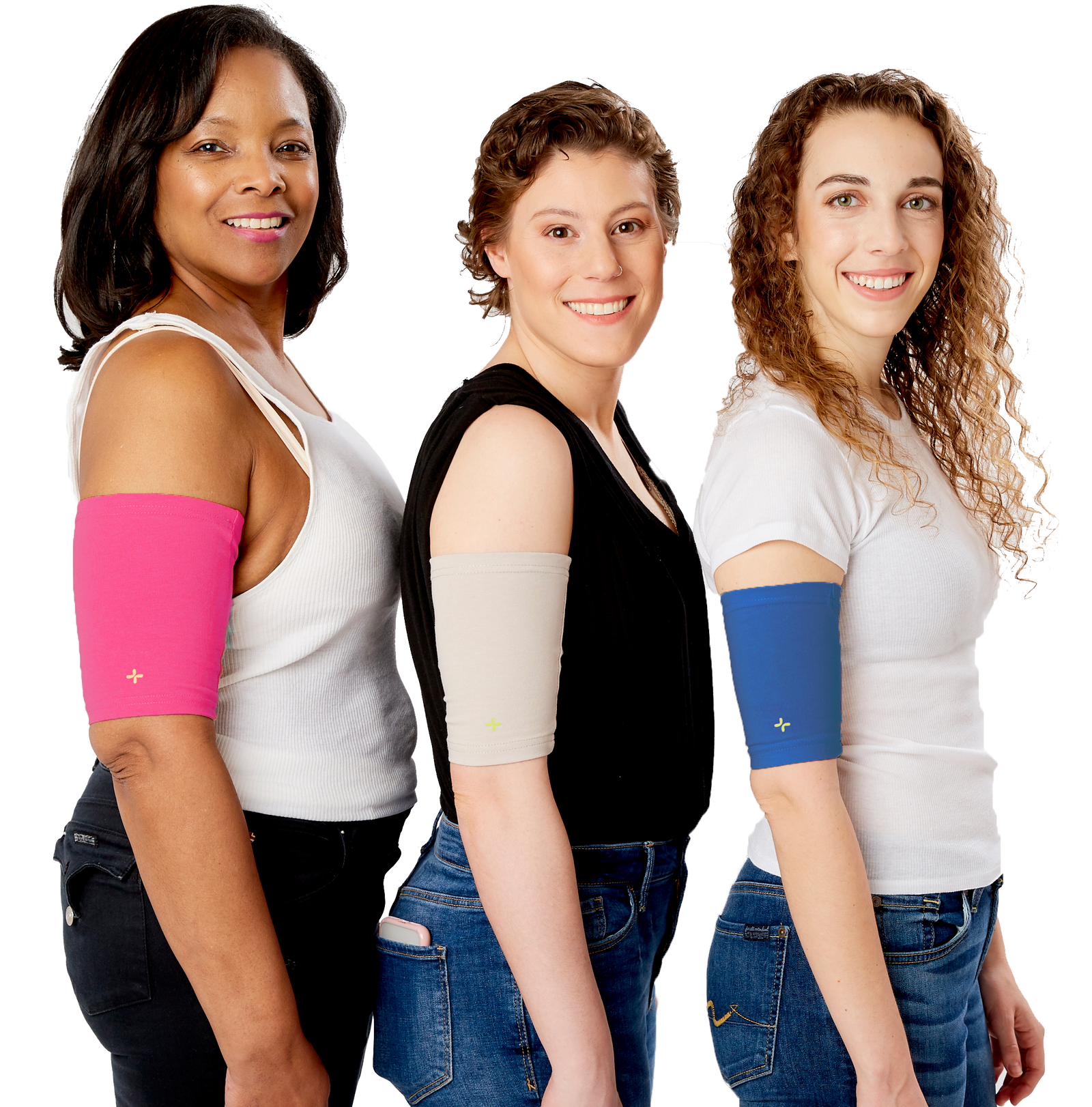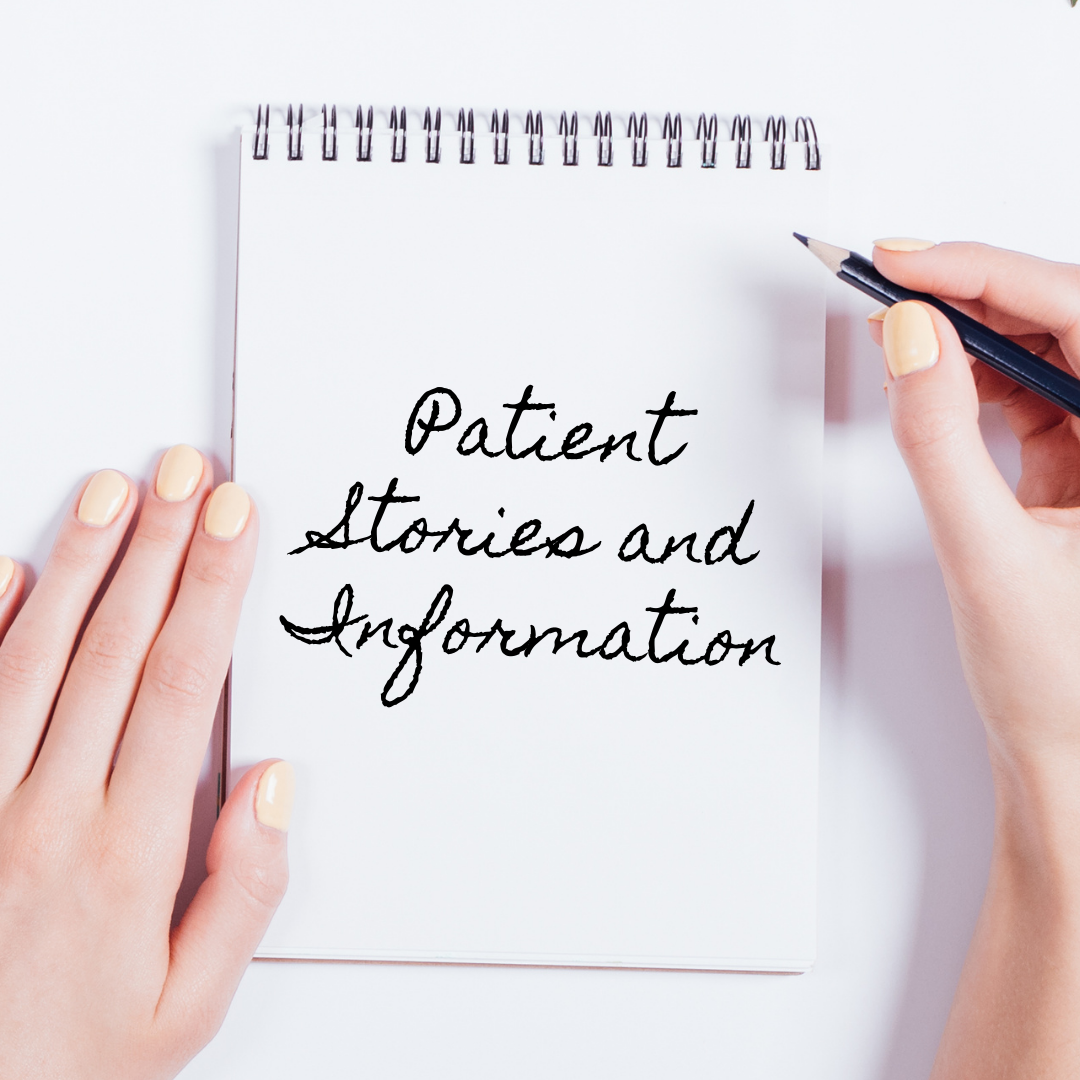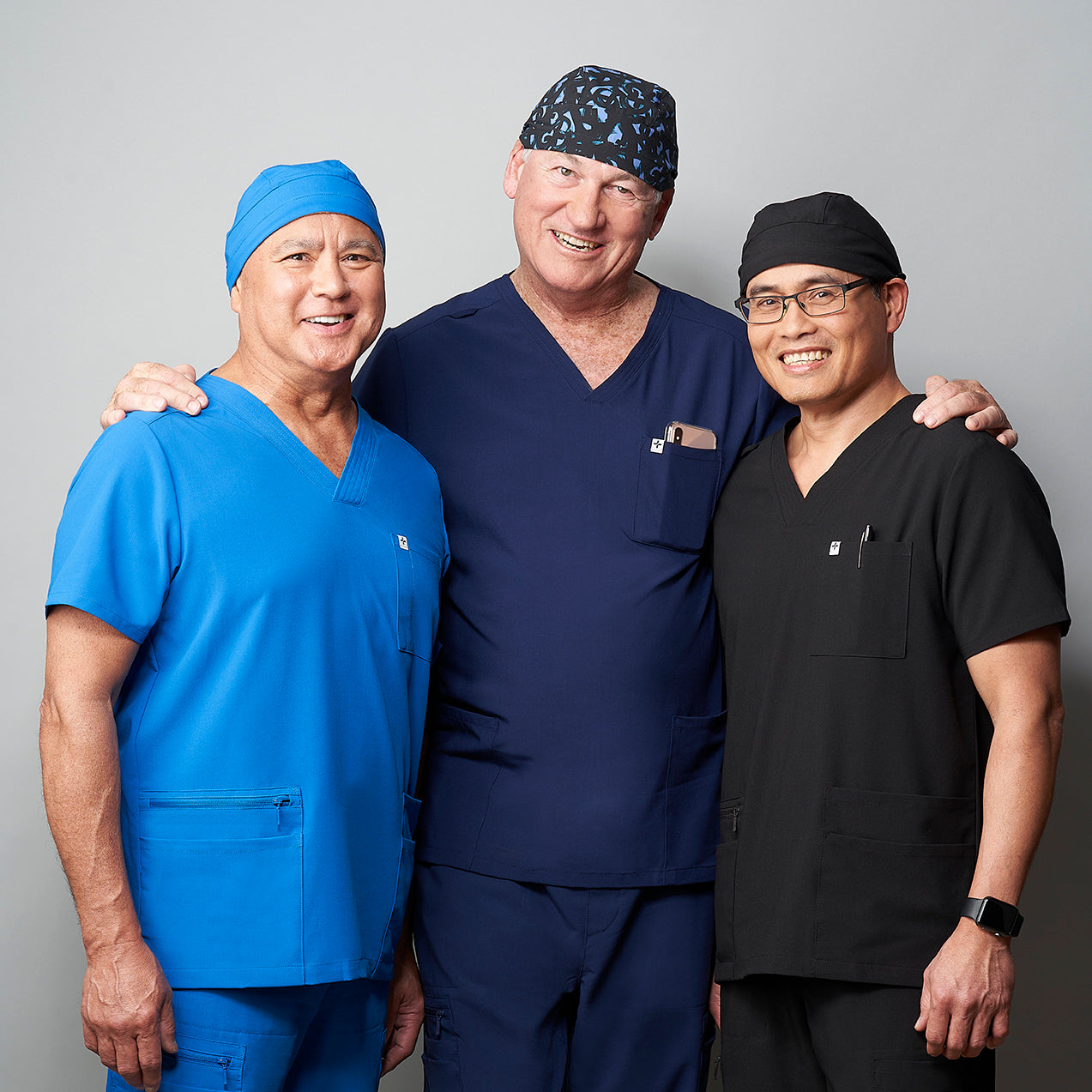Getting diagnosed with cancer is one of the hardest things you may ever go through. It is good to do research and reach out to anyone who may be going through the same things. Heading into your first chemotherapy appointment can be daunting so we have put together a list of things you might not hear too often!
Managing all of your appointments alone is a full-time job, so consider a dedicated calendar or cancer planner!
Dealing with cancer treatment is already difficult mentally and physically, but when you throw in juggling the various medical appointments and tests on top of that, it becomes almost unmanageable. The number of pre-appointments, procedures, tests, various specialist visits, and beyond can be overwhelming, especially on top of weekly or bi-weekly chemotherapy. All of these must be squeezed into your schedule, as well as the schedule of the person who can take you there. A lot of the time, a companion is required as you are unable to attend alone. The logistics of this can feel like a full-time job. We recommend a physical calendar to jot down every appointment. There are even specific cancer planning notebooks, communication, and management tools that can help you and your caregivers, such as Tx Tracker, CanPlan, Ready for Recovery and Bright Pink.
Switch to odorless and sulfate-free skin care products.
It is possible that your skin can react strongly to chemo treatments, chemo can cause dry, acne-prone skin and even become sensitive to scented chemicals. The best solution is to find a soap, normally used by newborns with eczema, that is odorless and sulfate-less. One of the products that can be useful is the Cetaphil Baby Eczema line of products, which includes calming wash, lotion, and moisturizer.
Treatments can get very lengthy — and cold— so layer up!
Most treatment facilities are cold, facilities are intentionally kept cold to ward off bacteria, so even at the height of summer, you may want to put a sweater on. Initially, the cool air can be very refreshing, however after sitting still in a chemo chair for 6-8 hours a day, most people are chilly. In addition, some patients use Cold Caps as means of preventing hair loss and ice buckets for nails and toenails as means of preventing chemotherapy-induced neuropathy. That is why it is very helpful to always bring wool socks, a blanket, and a hat to treatment. The Care+Wear Chest Port Access Hoodie, designed in collaboration with Oscar de la Renta, to provide super easy access to your port, will also help keep you warm.
Consider a counselor or therapist early on to help address emotional, physical, and intimacy questions.
The topic of intimacy concerns gets very little attention. While you’re going through treatment and all of a sudden your body feels like it’s not yours, the psychological part of intimacy kicks in. You question your attractiveness after losing hair, eyelashes, eyebrows, and even breasts, and perhaps fertility. Dealing with all the other side effects of the treatment is tricky enough, but feeling unattractive kills your self-confidence. Beyond that, many women suffer from a lack of libido, vaginal dryness, and pain during intercourse due to the drugs received during treatment or even from chemotherapy treatment itself. Some women are in treatment for 5 years, 10 years, or even the rest of their lives. Men, similarly, may experience a lack of libido or even temporary impotence during treatment. This is why this topic is so important - cancer treatment can leave you with a whole new body, and you, and your partner, or potential future partner, need to take the time to understand your body and its needs. Thankfully, there are many great counselors and therapists that are willing to address these concerns in either solo or couple therapy sessions. It can be beneficial to reach out to other young women and men who may be struggling with the same issues through various groups such as Young Survival Coalition, CancerCare and The Breasties.
Your food tastes — even your favorites— can change.
A large portion of preparing for treatment is focused on providing nutrition and healthy balance to your day-to-day diet, but, surprisingly, no one explains how your ability to taste food during treatment can change. Immediately after chemo, foods might taste different – you may experience a metallic taste in everything - even water! In addition, chemotherapy can give odd cravings, so try to satisfy within reason. Some bloggers advise against eating your favorite foods during chemo due to a) metallic or odd tastes and b) nausea and vomiting in extreme cases. Similarly to food poisoning, your mind can associate negative feelings with certain foods and you may never be able to eat them again in the future - We've heard of people never being able to eat chicken broth again after their treatment! While undergoing treatment, some people love drinking Trader Joe’s Organic Ginger Turmeric Herbal Tea to help with nausea. In terms of food, our recommendation is to eat your favorite dish after treatment – it’ll make it that much better!
If you are looking for more resources and support surrounding cancer, check out our other blogs:
- 13 Ways To Help A Loved One With Cancer
- Gift Ideas For A Patient Undergoing Chemotherapy
- Online Support Groups For Cancer Patients And Caregivers
What are some other things you wish you knew before starting chemotherapy? Let us know in the comments or email us at wecare@careandwear.com. We love hearing from our community members!










Leave a comment (all fields required)